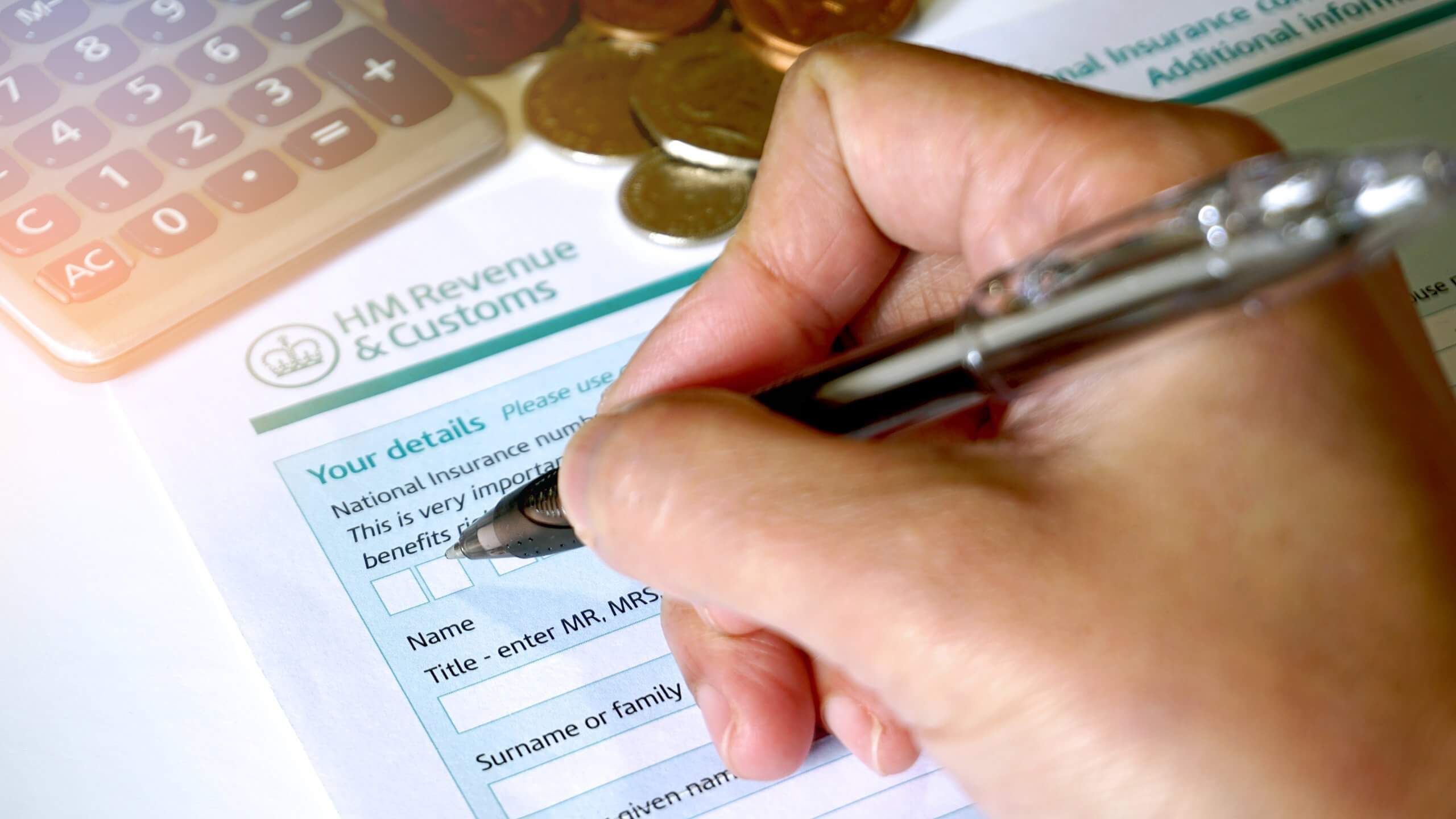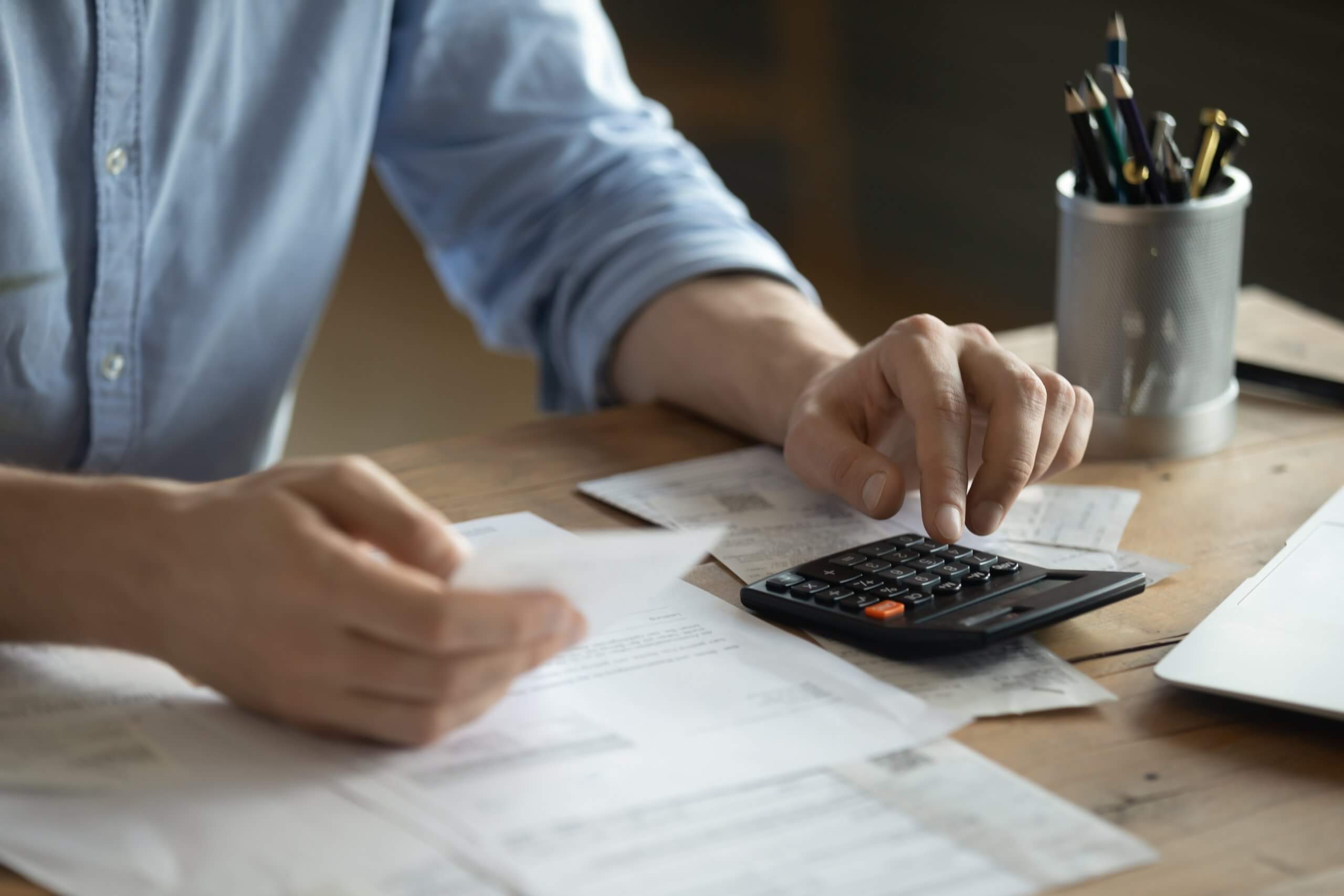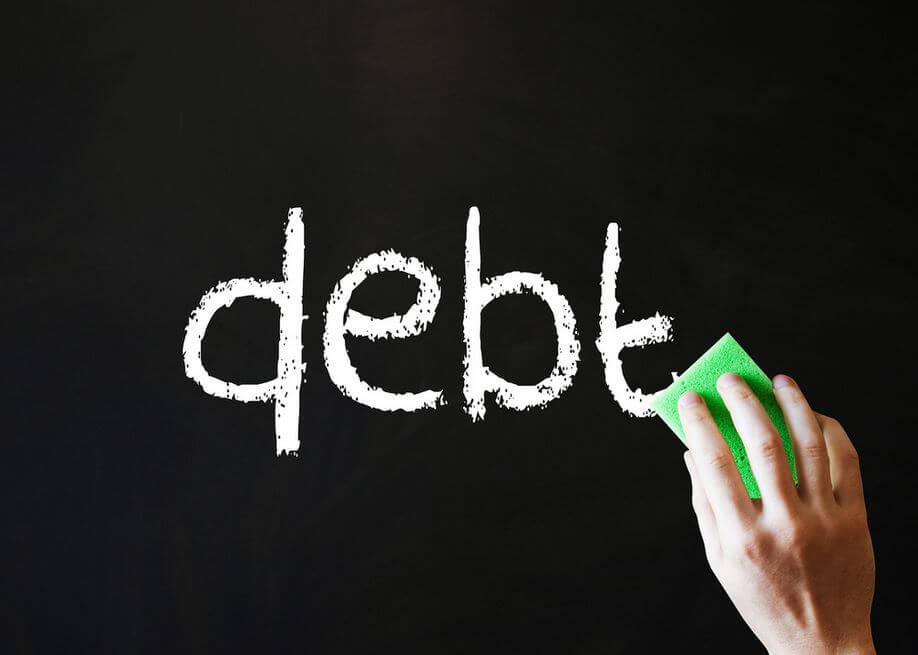The deadline for submitting Self-Assessment forms to HMRC is fast approaching, and this can bring your full financial situation into sharp focus, particularly if you are unable to afford the resulting tax payments.
The deadline for submission of your Self-Assessment forms to HMRC and payment of any outstanding liability is 31 January, however due to COVID the late filing and late payment penalties are being waived for one monthwith the deadline for submission of your Self Assessment forms to HMRC on 28 February 2022. Interest will however be charged on any outstanding liabilities from 1 February 2022. Getting the right advice now and putting a debt solution in place could mean that you will have less to pay in penalties than if you wait until these deadlines have passed.
HMRC will always look to recover debts due to them, particularly those arising from Self-Assessment, and this can result in legal action including bankruptcy (Sequestration). Rather than letting HMRC take the lead on dealing with your tax debts, now is the perfect time to get advice on dealing with your debts and our team at Don’t Fret About Debt are here to help.
If you have assets to protect, for example equity in your home, or a car that you own outright, we can discuss the possibility of a Debt Arrangement Scheme (DAS) to provide legal protection from all your creditors, including HMRC. A DAS freezes interest and charges from the date it becomes approved. Our debt experts can help you create a realistic household budget to determine how much you will pay towards your debts each month, and once the DAS is in place you make one affordable monthly payment, that gets split fairly between your creditors.
If HMRC are the sole creditor we can still help you apply for a DAS. One of our clients, a self-employed professional, came to us with over £63,000 of debts owed solely to HMRC for Self-Assessment arrears. Despite court action having already been initiated, we were able to have the DAS application approved and our client is now more than halfway through their payment plan, with their assets protected from enforcement by HMRC.
There are other options for dealing with your debts. Applying for your own bankruptcy (Sequestration) means that you can choose who to appoint as the Trustee for your bankruptcy, rather than HMRC having control of this. The Trustee is appointed to recover money from you and pay back a percentage of the debts to your creditors, or the full amount if the sale of your assets and the 4 years of monthly payments would cover this. By appointing a Trustee that you have chosen yourself, you can have greater confidence that the Trustee will work with you to create a realistic budget, and that they will review your budget and your monthly payments if your circumstances change. If your debts are substantially higher than your assets, or repayment of debts would take an unrealistic length of time, bankruptcy is often the best way to deal with debts that include Self-Assessment arrears or other funds due to HMRC.
A Trust Deed can be an excellent way to deal with a significant proportion of your total debts, but unlike bankruptcy (Sequestration), your creditors get to vote on whether or not your Trust Deed application should become approved. HMRC want to recover as much of the money due to them as they can, so they are unlikely to agree to a Trust Deed where they are likely to get back a small percentage of the funds owed to them. For that reason a DAS or Sequestration are most often the best advice if you have Self-Assessment arrears.
For further advice on dealing with debts owed to HMRC, or any other types of debt, contact our expert team on 0141 567 4567, or by email at enquiries@dontfretaboutdebt.net









